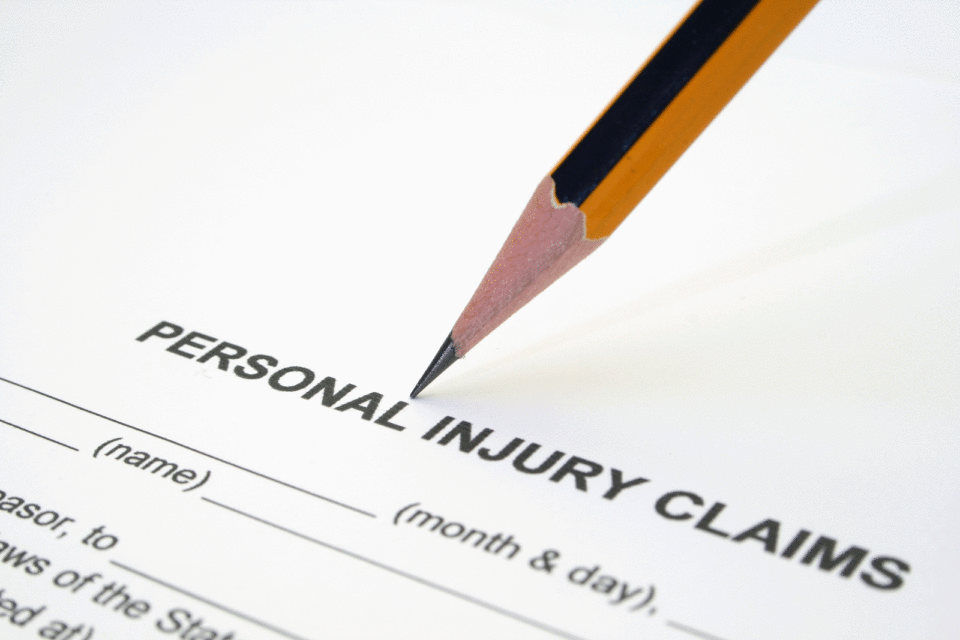Top Factors That Impact Your Personal Injury Claim
A personal injury claim can help a person recover money for the losses sustained in an accident.

However, not all claims have the same outcome.
Some people get fair compensation, while others get less than what they deserve. The result depends on many factors, such as the severity of injuries, available evidence, and legal representation.
In some places, filing a claim can be more complicated. In El Cenizo, for example, many residents face challenges after accidents due to language barriers and limited access to legal resources. This makes it even more important to have an El Cenizo personal injury lawyer who understands the community’s needs and can guide victims through the legal process.
Here are the factors that have an impact on your personal injury claim.
1. Liability and Fault
One of the most significant factors in a personal injury claim is who caused the accident. The victim has a stronger case if the other party is entirely at fault. However, in some states, a victim can still recover damages even if they were partly responsible. For example, in comparative negligence states, a person who is 20% at fault may still receive 80% of their compensation.
2. Severity of Injuries
The more serious the injuries, the higher the potential compensation. Minor injuries, like bruises or small cuts, may not lead to a large payout. However, severe injuries, like broken bones or brain trauma, can increase medical bills and cause income loss. The National Safety Council reports that in 2022, the average cost of a disabling injury was over $100,000. These figures show why injury severity matters in a claim.
3. Medical Treatment and Documentation
Medical records play a key role in proving injuries. A person who gets medical care right after an accident and follows all treatments strengthens their case. Delaying treatment or skipping doctor visits can make it seem like the injuries are not serious. Proper documentation, including prescriptions, X-rays, and doctor notes, helps support a claim.
4. Evidence and Witness Testimonies
Strong evidence makes a personal injury claim more successful. This includes photos of the accident scene, medical reports, police records, and video footage. Witness statements can also be powerful. If someone saw the accident and can confirm what happened, their testimony can support the victim’s case.
5. Insurance Coverage and Policy Limits
The amount of compensation depends on insurance coverage. The victim can receive full compensation if the at-fault party has high policy limits. But if the at-fault party has little or no insurance, the victim may struggle to recover damages. Uninsured or underinsured motorist coverage can help in such cases.
6. Timeframe and Statute of Limitations
Every state has a deadline for filing a personal injury claim. This is known as the statute of limitations. In most states, this period ranges from one to four years. Missing this deadline can result in losing the right to compensation. Acting quickly after an accident is essential to keeping legal options open.
7. Legal Representation
Having a lawyer can significantly impact the outcome of a claim. Studies show that people who hire personal injury lawyers receive, on average, three times more compensation than those who handle cases independently. Lawyers understand how to deal with insurance companies and negotiate fair settlements. They also ensure that victims do not accept low offers.
8. Pre-Existing Conditions
If a person has a prior injury or health issue, the insurance company may try to use it against them. However, this does not mean they cannot recover damages. A lawyer can help show how the accident worsened an existing condition, making it a valid part of the claim.
9. Negotiation and Settlement vs. Trial
Most personal injury claims end in a settlement. Insurance companies often try to offer low amounts to close cases quickly. The victim may need to go to trial if the offer is unfair. A trial can take longer but may lead to a higher payout. Whether to settle or go to court depends on the strength of the case and the willingness to fight for fair compensation.
Conclusion
Many factors influence a personal injury claim, from proving fault to having strong evidence. The severity of injuries, available insurance, and legal representation all play a role in the final settlement. Knowing these factors can help victims navigate the process and improve their chances of receiving fair compensation.

